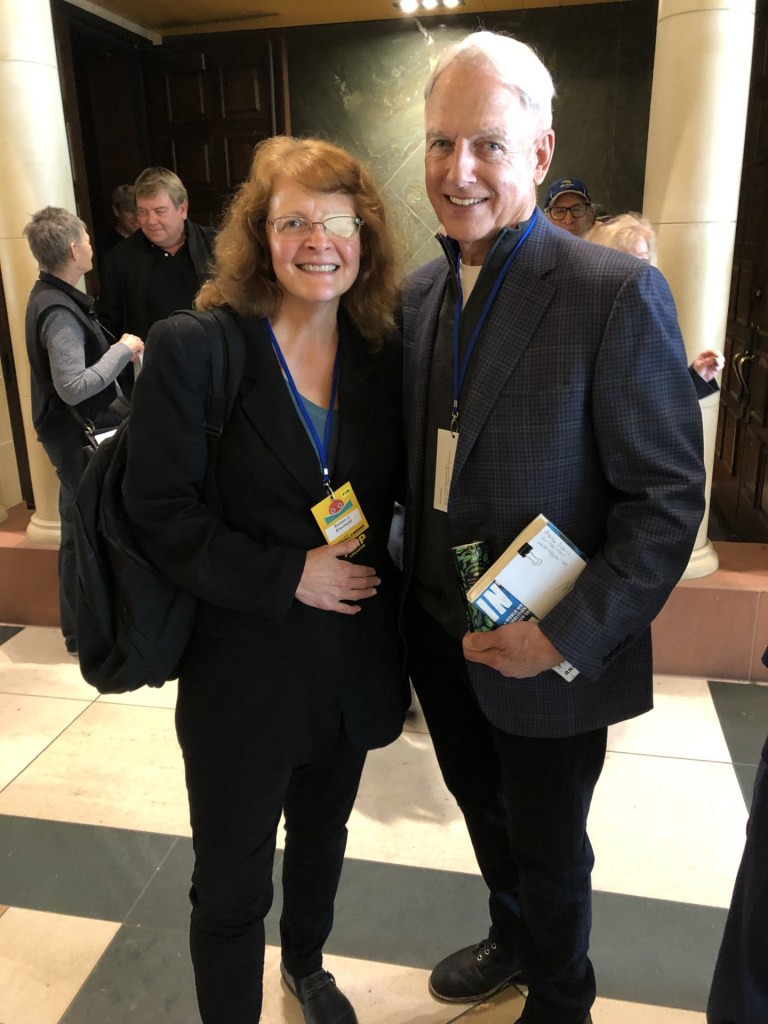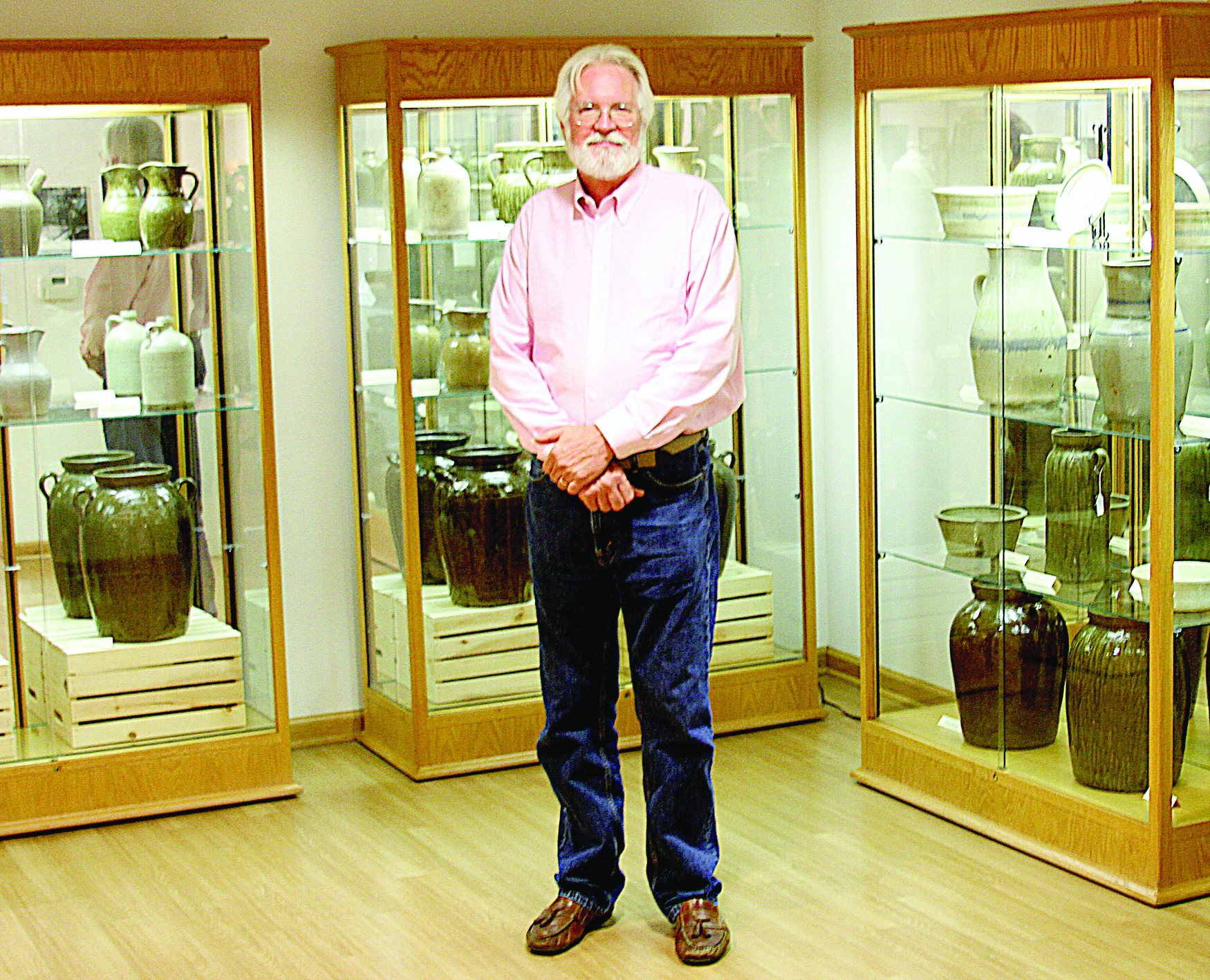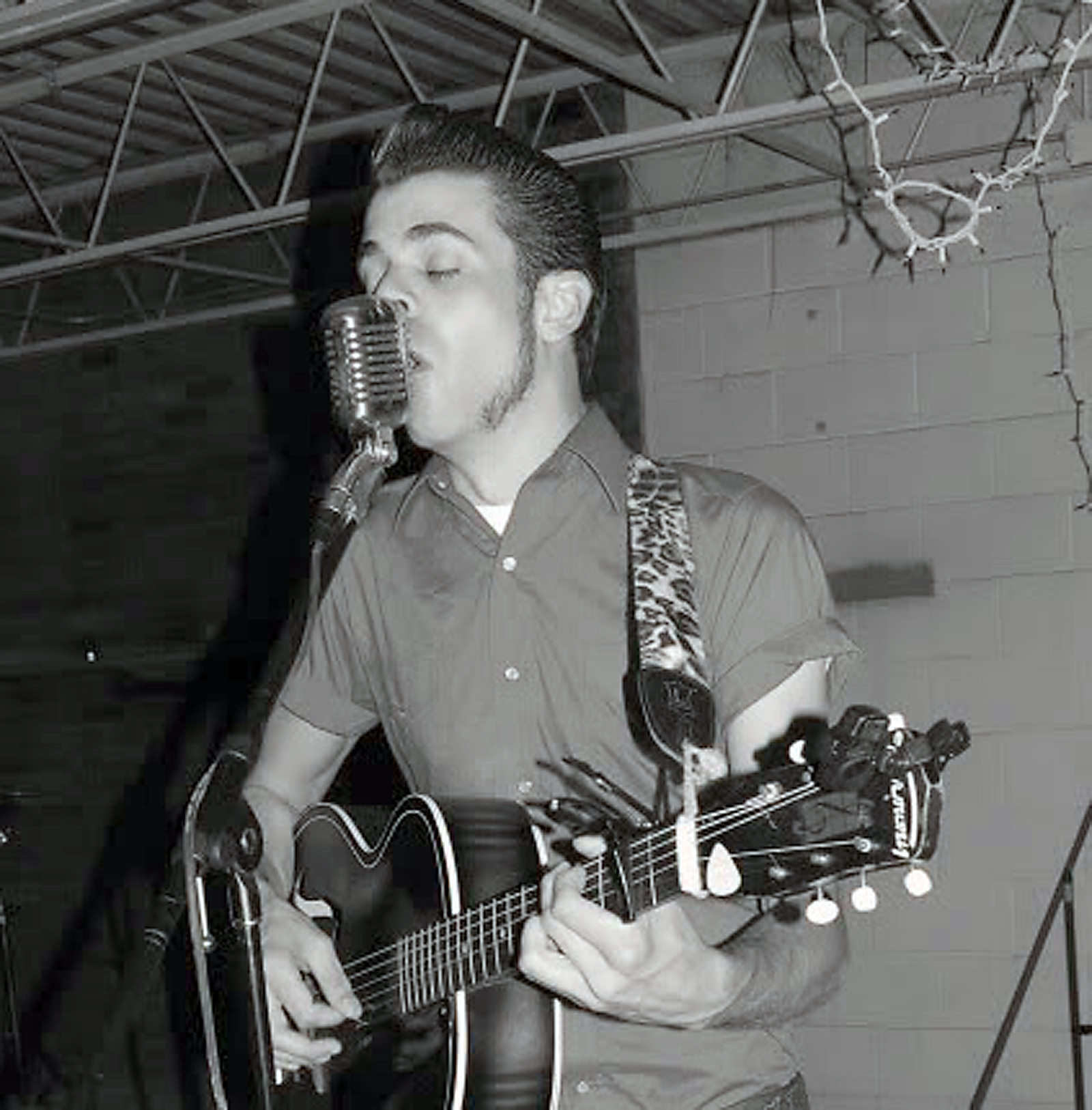Mistress of Life and Death
Published 4:00 pm Thursday, May 30, 2024

- Since the publication of her book earlier this year, Susan J. Eischeid has been promoting the title nationally. At the Los Angeles Times Festival of Books, she was on a book panel with famed actor Mark Harmon.
VALDOSTA – Maria Mandl wasn’t born evil.
Conscientious parents raised her to be a good girl but she became a brutal woman.
Trending
Mandl was a Nazi.
She became the head overseer of the women at Auschwitz-Birkenau, where Mandl humiliated, tortured, killed and selected thousands of women for the gas chambers at the notorious concentration camp.
Maria Mandl, who was raised for a normal life in a good family, became the “Mistress of Life and Death.”
That description of Mandl is the title of Susan J. Eischeid’s book on the female concentration camp overseer.
Eischeid is best known in South Georgia for being professor of oboe at Valdosta State University and a performer in the Valdosta Symphony Orchestra. Her name should be familiar to readers of The Valdosta Daily Times; she provides the regular Pets of the Week feature and photographs that spotlight animals at the Lowndes County Animal Shelter.
For nearly a quarter of a century, Eischeid researched “Mistress of Life and Death: The Dark Journey of Maria Mandl, Head Overseer of the Women’s Camp at Auschwitz-Birkenau.”
Trending
Eischeid has long incorporated research into the Holocaust as part of her musical studies and teachings.
In a past interview with The Valdosta Daily Times, she told the story of how this combination of interests began with her doctoral dissertation at the University of Cincinnati. She discovered a rich lode of music written during and about the Holocaust.
A professor challenged her to arrange some of the music from the era for an oboe recital, which led to her first performance for Holocaust Remembrance Day – a commemoration of the millions of Jews and other minorities killed by the Nazi Germany regime between 1933-45.
“I think that’s when I first became aware of the power of this music,” Eischeid recalled of that first concert in a 2020 interview. “In my own way, I could give a voice to these musicians who had been killed or died prematurely – help their legacy continue.”
Since, she has arranged and performed more Holocaust-related music, organized more Remembrance Day concerts, been featured in a “Music of the Holocaust” lecture/recital tour and has worked on recordings and books.
During her research, Eischeid learned of an orchestra comprised of female residents of Auschwitz. The orchestra regularly rehearsed and performed inside of the concentration camp.
Maria Mandl was responsible for creating the women’s orchestra.
“I always think of music as the antithesis of Nazis and concentration camps,” Eischeid said in a recent interview with The Valdosta Daily Times. But here was a woman known as the Mistress of Life and Death, a brutal killer, deciding to put together an orchestra to play music in a hellish place.
The more Eischeid discovered about Mandl, the more she wondered “how this nice, normal girl became this evil perpetrator of the Holocaust.”
In 2000, she began researching Mandl. It became a quarter-century odyssey that had Eischeid regularly traveling to Europe, meeting people who knew Mandl as a sweet young woman, as a family relative, as a sadistic overseer, as a meek prisoner awaiting execution for her crimes.
Eischeid developed pen pal relationships with people for the rest of their lives. Many of the people were in their 80s and 90s by the 2000s when Eischeid first recorded interviews with them and have since died.
She found concentration camp survivors who survived under Mandl’s vicious rule. Eischeid developed a relationship with the woman who shared a prison cell with Mandl after the fall of Nazi Germany.
She was able to open a correspondence with three of Mandl’s nephews, who provided several of the photographs included in the book.
“I feel it’s very important to show both sides of her,” Eischeid said. “The germ of truth lies somewhere in there.”
Mandl was born in 1912 in Munzkirchen, a village in Austria. She had loving parents. Neighbors considered her a “nice girl from a good family.” Her father was anti-Nazi. Her mother regularly attended church and would one day pray daily for her daughter’s lost soul.
As a young woman, Mandl was fired from a post office job because she was not a Nazi. Her fiance left her because she was not a Nazi.
Resentful over the loss of her employment and fiance, Mandl took a job at a concentration camp. She joined the Nazi Party.
“She transformed very quickly,” Eischeid said. “The society was gradually indoctrinated into this culture of cruelty … the more cruel you were the more you were rewarded. … She quickly didn’t think of the people in the camps as human any more.
“She lost her job and her fiance because she wasn’t a Nazi. She was powerless but then she gets this camp job and it gave her power.”
As the book notes: “Mandl’s life mirrors the period in which she lived: turbulent, violent and suffused with paradoxes. At Auschwitz-Birkenau, she founded the the notable women’s orchestra and ‘adopted’ several children from the transports – only to lead them to the gas chambers when her interest waned.
After the war, Maria was arrested for crimes against humanity. Following a public trial attended by the international press, she was hanged in 1948.”
In chronicling Mandl’s story, Eischeid includes her journey into researching the book.
Eischeid recounts meeting the people who knew Mandl, how the interviews and relationships developed. It creates a fascinating record into a life and researching a life.
Especially after more than two decades of research and writing.
Since Citadel Press published and released the book nationwide earlier this year, Eischeid has attended book events in San Francisco, Los Angeles and Portland, Maine, with events for Washington, D.C., and other locations possible later this year.
Unfortunately, the book is not available at the Valdosta Books-A-Million store though it can be ordered online and found in other major book stores across the nation.
She’s working on a second book that relates a relationship she developed with Kurt Michaelis, an oboist whose instrument is on permanent loan at the United States Holocaust Memorial Museum in Washington, D.C.
Eischeid said she encounters difficult and insightful questions at the book events. One question is particularly memorable.
During an audience question-and-answer session, a woman asked if this good family can produce a child who grows up to become a Nazi concentration camp overseer, what can any family do to prevent such a thing?
“I think it’s a parent teaching empathy,” Eischeid said. “Not just teaching empathy but exemplifying it. Caring for others, seeing other people as human, through our actions.”
Eischeid said in some ways her years of research into what created Maria Mandl has raised more questions than provided answers.
“But there’s one overriding thing,” Eischeid said, “we all have the potential in each of us for good and evil.”





